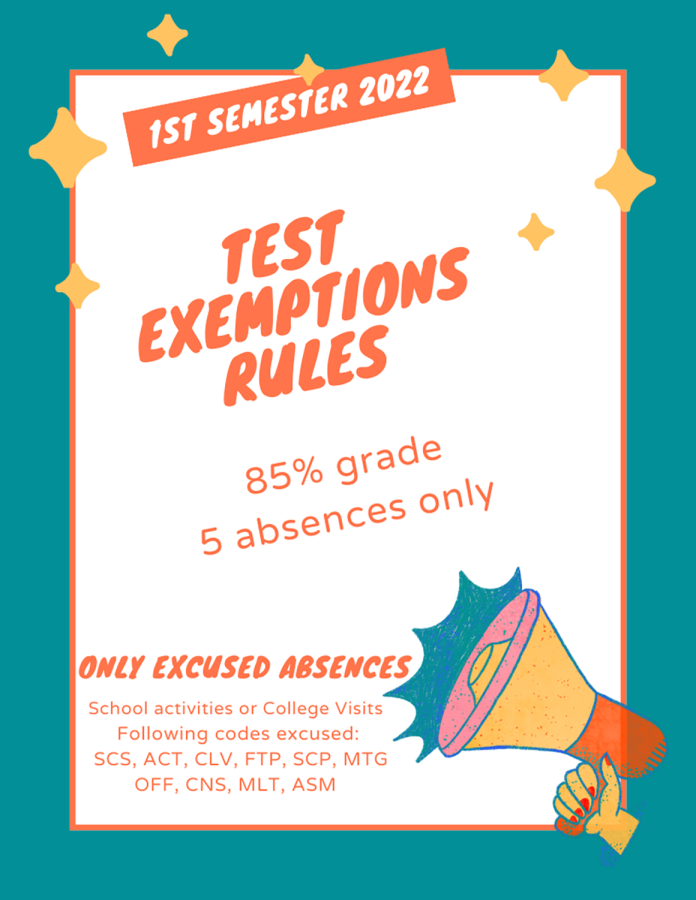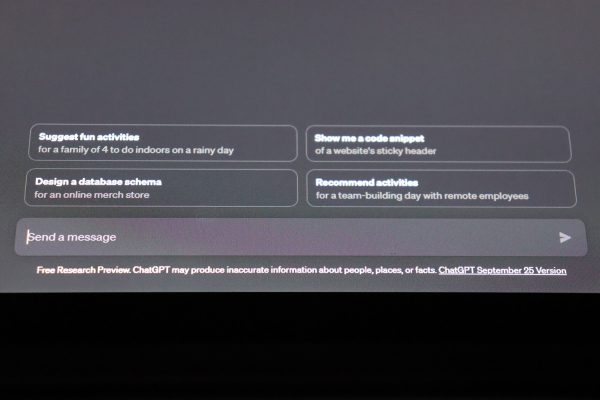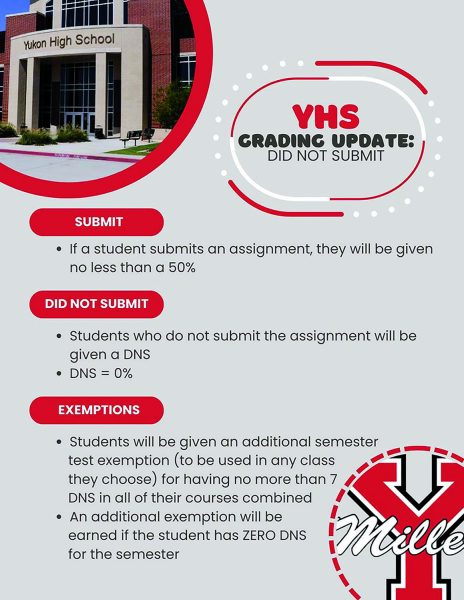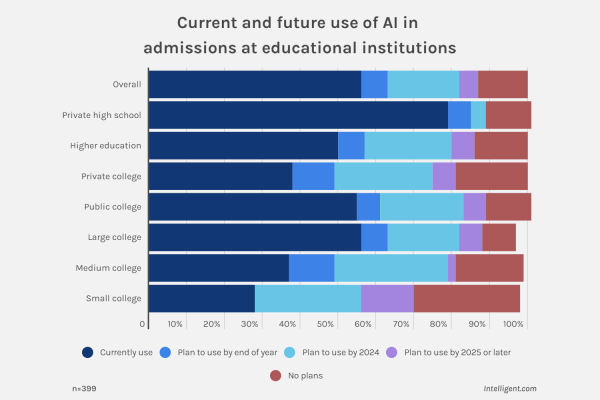Semester tests absent policy leaves students with mixed opinions
Listed above are the semester exams exemption rules, excluding the exemptions seniors may have earned through the exams taken during their junior year.
As semester test season began, the sounds of jewelry clinking against skin, anxious nail biting and knuckle cracking revved up as much as anxiety while students scrambled to get themselves exempt from semester testing. Many students were affected by the new exemption absence policy. Students had the opportunity to be exempt from semester exams in each class period. To be exempt from a class semester test, students were required to have a grade of 85% or above in the class and no more than five absences in the course.
Most students at the school were familiar with the semester exemption policy during the coronavirus pandemic which required students to have an 85% in the course with no absence requirement. Senior Emili Talaoc believed the absence requirement punished students who tried hard in school because they had too many absences.
“I don’t think that it’s fair because it tells students that if you’re doing good it doesn’t matter, if you have a certain amount of absences you’re still going to be punished which breaks down that confidence to succeed in school,” Talaoc said.
Despite the fact that some students performed well in all of their classes, they were required to take the semester exam if they exceeded five absences with an exception only for school-related absences. Sophomore Avery Steele believed that medical absences were outside of students’ control and that students shouldn’t be punished as a result.
“People have to miss things for medical reasons, and I think that it’s just unfair because sometimes you can’t control why you have to miss school or why you have to be out for those reasons,” Steele said.
Although some students thought that the policy was unfair, head principal Melissa Barlow thought it was an ideal opportunity for students who struggled to push themselves to do well on the semester test.
“I feel like the exemption policy is really fair because it has set it up for the kids that already work hard and has those high grades and they are getting a reward for that,” Barlow said. “It’s also a goal for those kids who typically fall below that, but it’s a goal for them to work towards it.”
Not all students felt that an absence policy for semester test exemptions was unjust. Junior Ella Schroeder thought that school attendance was important, but there were certain times when students needed to stay at home.
“I think that there does need to be an incentive to stay in school; however, I don’t believe that [not excusing] these absences medically are beneficial to keeping students in school,” Schroeder said. “It’s keeping them coming in sick and not taking care of what they need to take care of to be present and healthy while in school.”
The semester exemption policy was not intended to advocate for students to go to school sick. While it would be better for students to stay at home if they are sick so that they don’t spread it to others, school attendance was also critical at the high school level. Barlow stated that once students got to high school, grades mattered. Students could fail all of their classes in eighth grade and still move on, but if students failed a class in high school they would have to retake that class to get the necessary credits to graduate.
“Your credits and grades matter. You can’t earn a credit with an F, so it’s all about making sure that you’re in every credit, every year so that you can graduate within 4 years,” Barlow said.
Prior to the pandemic, students had the opportunity to be exempt from a course semester exam if the student had fewer than three absences and an A, or two absences and a B. While english and Creative Writing teacher and teacher of the year, Dusty Crabtree appreciated student frustrations, she also understood the purpose behind the policy.
“I can see how there can be exceptions made for students who have a really high A because they have done all of their work and they learned all of the material and they proved that,” Crabtree said. “But I think that the reasoning in general was because if [students] miss a lot of school, they’re missing school work and it’s an incentive for them to come to class.”













